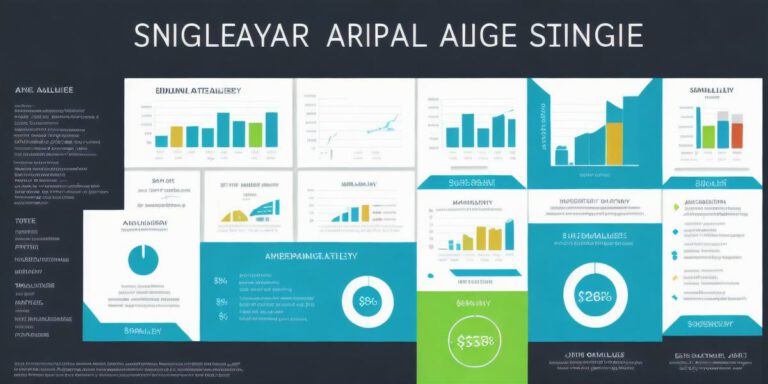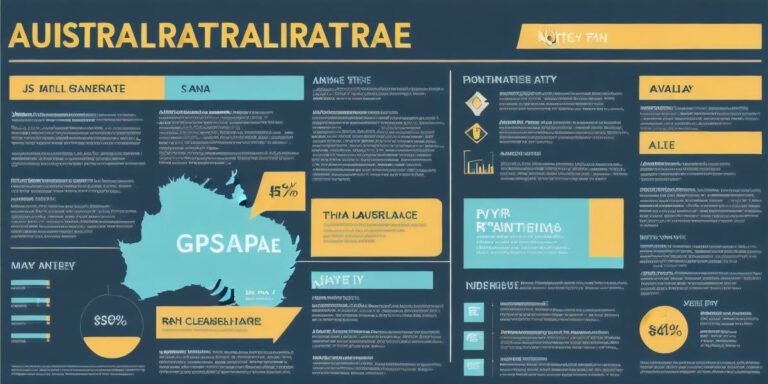Introduction
If you’re considering a career as a bank teller, you may be wondering how much you can expect to earn. In this article, we will provide an overview of bank teller salaries, including factors that affect pay, benefits, and other important information. We will also answer some frequently asked questions about bank teller salaries.
Factors Affecting Bank Teller Salaries
There are several factors that can influence a bank teller’s salary, including:
- Experience: The longer you have worked as a bank teller, the more likely you are to earn higher wages. This is because your experience and expertise make you more valuable to the bank.
- Education: Bank tellers with bachelor’s degrees may be eligible for higher salaries than those without. Additionally, individuals with certifications in areas such as financial services or customer service may also have an advantage when it comes to pay.
- Location: Salaries can vary depending on where you work. For example, bank tellers in cities tend to earn more than those in rural areas due to the higher cost of living and greater demand for financial services.
- Size of Bank: The size of the bank can also affect a teller’s salary. Larger banks typically have more resources to offer competitive salaries, benefits and incentives.
- Performance: Some banks may base their teller’s salary on their performance, which can include factors such as customer satisfaction ratings, sales goals, and accuracy of transactions.
Average Bank Teller Salaries
According to the U.S. Bureau of Labor Statistics, the average annual wage for bank tellers in May 2019 was $30,850. However, this can vary depending on factors such as experience, education, location, and performance. Additionally, some banks may offer additional benefits such as health insurance, retirement plans, and paid time off.
Comparing Bank Teller Salaries to Other Occupations
When comparing bank teller salaries to other occupations, it’s important to consider the cost of living in your area. For example, while a bank teller’s salary may be higher than that of a fast-food worker, it may not be enough to afford a comfortable lifestyle in an expensive city. Additionally, some occupations such as doctors and lawyers may have significantly higher salaries, but also require advanced education and training.
FAQs
Q: How often are bank tellers paid?
A: Bank tellers are typically paid weekly or bi-weekly. However, some banks may offer annual bonuses or performance-based incentives.
Q: Are there any opportunities for advancement as a bank teller?
A: Yes, there are opportunities for advancement within the banking industry. For example, you may be able to move up to a higher position such as a customer service representative or financial advisor with additional training and experience.
Summary
In conclusion, bank teller salaries can vary depending on several factors, including experience, education, location, size of bank, and performance. While the average salary for a bank teller in May 2019 was $30,850, this is just an average estimate, and your actual salary may be higher or lower depending on your specific circumstances. If you’re considering a career as a bank teller, it’s important to research the compensation package offered by different banks and consider factors such as cost of living and job opportunities for advancement.







+ There are no comments
Add yours